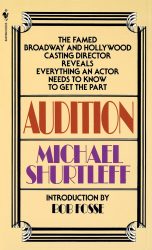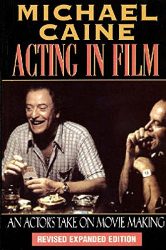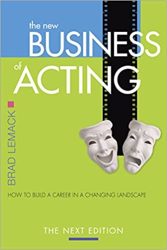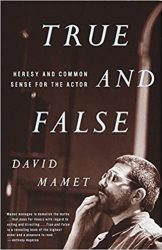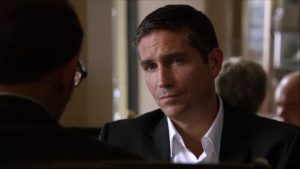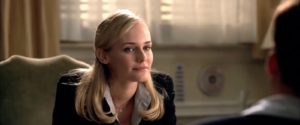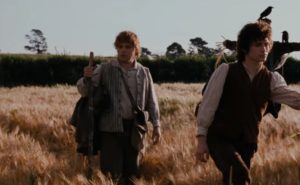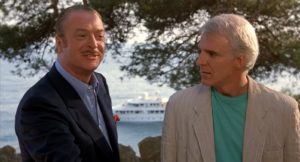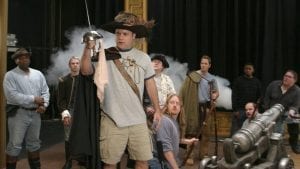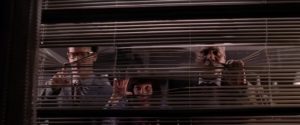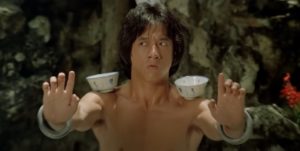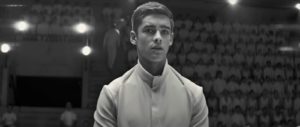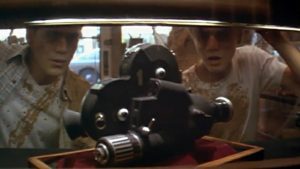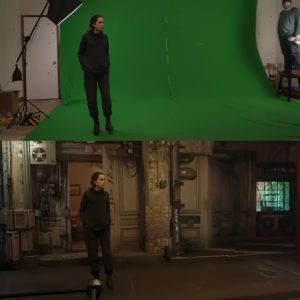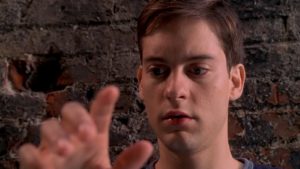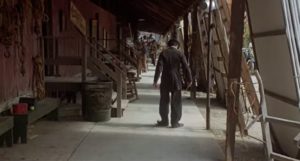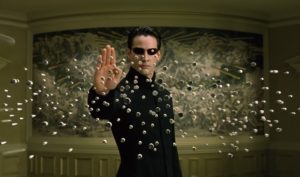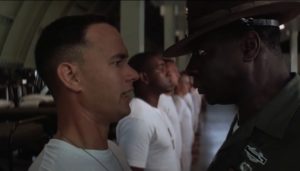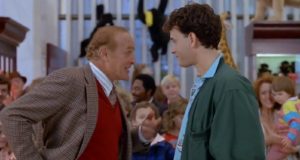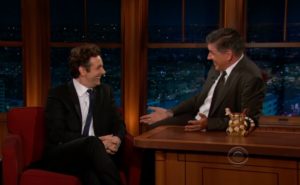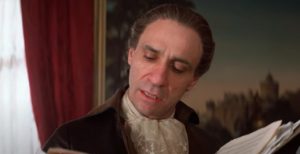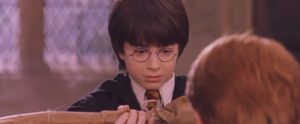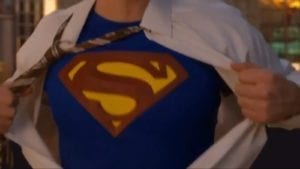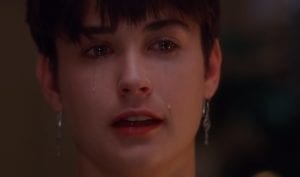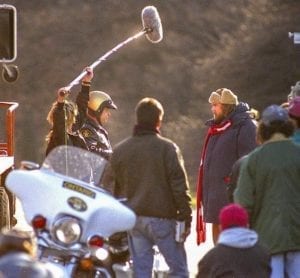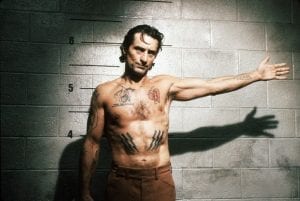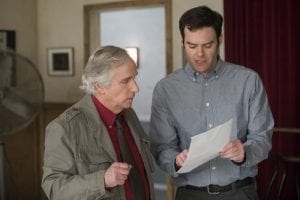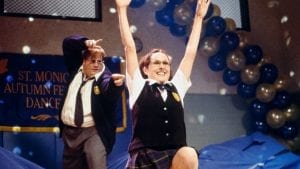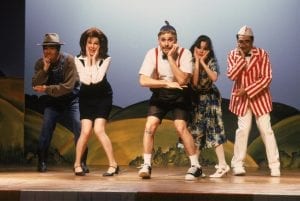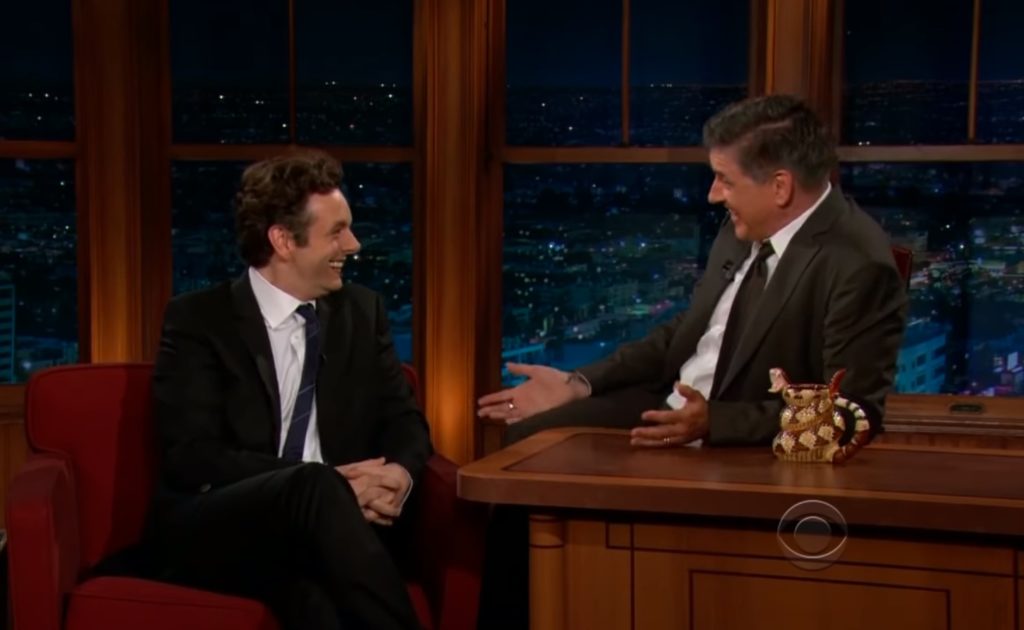
Questions to ask actors are questions about what they’d love to do in the future, the creativity/insight and difficulties that happened behind the scenes, their origin story, their advice, lessons they learned, deep questions related to the film, and light-hearted questions they rarely get asked.
Specific examples of each type of question (with links to the source articles) are given below. At the end, there is a concluding thought with a general principle to help you come up with more types of questions on your own.
1. Questions that let actors reveal what opportunities they might love in the future.
Often, actors are chosen for roles primarily based on their looks. However, often actors wish they were considered for other types of roles or projects as well. Therefore, actors can really appreciate questions where they get to give hints about what kinds of things they’d love to do in the future. Below are examples of different versions of such a question:
Which film would you most like to have been in and in which role? (source) – It seems like the answer would be short, but Virginia Hey loved this question so much that she gave an answer that was five paragraphs long.
You have already been able to work with some impressive names so far in your career. Is there anyone you would love to work with someday? (source) – Ellen Adair answered this question in seven paragraphs and stated that she could even write a College Thesis on this question.
What are some roles that you could never conventionally play (because of age, race, gender, or other restrictions), but you’d want to play anyway? (source) – MiMi Scardulla’s answer to this question was a to-the-point list but she wrote in all caps that she loved this question.
2. Questions that let actors shed light on the hidden creativity that goes into their work.
The physical actions that an actor portrays on screen or on stage are only the tip of the iceberg. A lot of the work of actors happens internally, thinking deeply to understand their character and the story and to make their creative choices. Actors can really appreciate questions that acknowledge and let them comment on the creative work they do.
Paul, what’s your favorite aspect of Darius’ hero journey in Season 1? (source) – Paul-Mikél Williams’ enthusiastic answer to this question revealed how deeply he had thought about his character and the message the story was sending to youth.
What would you say is the moment that defines the show for you? (source) – It is interesting that Storm Lineberger loved this question because, when he answered it, he focused on a moment in which his character was only a passive observer and the focus was on other characters. This shows how deeply he thought of not only his own character but also the whole story.
What is acting process for you, how you feel minutes prior to start being someone else on camera? (source) – Sarah Paulson’s thorough answer to this question reveals how much effort can occur in the span of just a few minutes of getting ready for a scene.
What music inspires you to create? (source) – Felix Martinsson loved this question because, as his answer showed, music is a big part of his process, even to the point that he creates playlists for each of his characters.
3. Questions that acknowledge unexpected challenges the actors likely faced.
Imagine you solve a problem, and no one even knew you had the problem to begin with, so there’s no one to congratulate you or cheer with you. Actors can sometimes face unexpected challenges, and it can be a real pleasure for them to hear that someone is aware they faced them.
William, was it hard for you to remember to not use your one arm or is that something you get used to right away? (source) – In his answer, William Fichtner stated that he managed to generally overcome this challenge but he lightheartedly commented on some times when he did indeed forget that his character’s hand was meant to be seriously injured.
In watching the making-of featurette on Tenet, I was fascinated by the lengths the cast and crew had to take to understand where a certain character was in the timeline of the story at any particular part of the film. Was there a moment where you said, “I got it. I understand what this film is”? (source) – John David Washington answered with a thorough description that reveals just how attention-consuming this hidden challenge was.
Before talking to you I went for a swim and there’s always that feeling that you’re floating that remains after you swim, so I’m curious, when you speak in verse for two hours, does it feel like that when you go back to normal speech? (source) – This question led Carson Elrod to describe how his mind does indeed change from memorizing rhyming text and how he loves that memorizing elevated text, such as that of Shakespeare, can help him elevate his own thoughts.
4. Questions about their origin story.
What are you passionate about? What can you talk a lot about without stopping? How did you get interested in that thing? Your eyes may be lighting up right now with the desire to share your story. Same thing with actors. Additionally, there are so many journeys that people can take, so there is a lot of potential for unexpected and interesting things to be shared.
How did you get into acting? (source) – This is a simple question but Bryan McClure loves being asked it because he had originally never planned to be an actor, and he gets to tell the story about how he went from wanting to be a professional basketball player to being an actor.
On top of being an actress, you have a background in dance. Tell us about it. (source) – Actors can have multiple passions, and Logan Riley was happy to have the chance to say what she loves about dance and how she benefits from her dance background in her acting career as well.
How did you discover your passion for the arts? (source) – This question encompasses more than just acting and, in fact, led Patrick Sabongui to share the interesting background of how his artistic passion started in a kung fu class, when doing animal-themed movements and using his whole body and voice for self expression.
5. Deep questions that are related to the project.
After all the hard work that goes into making a film, show, or play, it can feel really good to know that the project leaves people thinking deeply even after the credits are done. Actors can also like to comment on such deep thoughts related to their work.
In the show, John Cusack’s character frequently asks others “What did you do to earn your place in this crowded world?”, so what would be your answer to that? (source) – In Rainn Wilson’s answer, it is evident that he wants to not just entertain but to help people in a meaningful way.
In this film, “Before the Devil Knows You’re Dead,” I think the line that makes the audience understand what is being explored comes from the diamond merchant, who says: “The world is an evil place. Some of us make money off of it, others get destroyed.” What do you think about that line and that message? Is that really the message that Sidney was trying to explore? (source) – Ethan Hawke’s answer led to him talking about the philosophical ideas he had been discussing with his wife earlier that day.
6. Questions about advice and lessons learned.
Acting is a tough business to be in, and many actors, even very famous ones, remember how rough it was to start out; they want to help those who are currently struggling or help them avoid struggles later. These helpful messages can come in response to questions about advice they can give, advice they’ve received, lessons they’ve learned, and other creative variations of those questions.
If you had the chance to put something on billboards worldwide next week, what would it be? (source) – This question is a clever way to ask for guidance/advice and get a concise answer; from Taveeta Szymanowicz’s concise answer (“You are enough”), we can see what kind of impact she would like to make on people’s lives.
You just mentioned how you like learning on set rather than a classroom setting. So kind of going off of that, you’ve worked with a lot of professionals. What would you say is some of the best advice about the industry you’ve ever received and why? (source) – Asking about some of the best advice received allows actors to give advice in a humble way. Camrus Johnson used this opportunity to state the importance of being your own number one fan.
What advice can you give to others in your industry who might need that push to make something, and think outside the box? (source) – One of the nice things about this question is that it specifies a context (giving people creative courage), letting Anna Rust respond motivationally in a way that is more specific and unique.
7. Rarely asked, lighthearted questions.
Positive, unusual questions can be fun – like an unexpected gift. These questions can be related to the actor’s project or completely separate. Below are some examples.
What was the last thing that made you smile? (source) – In addition to being a fun, easy-to-answer question, this question can give insights into the person’s life and the answer can always be different (because what made you smile today could be different from what made you smile yesterday). In the case of Sarah T. Cohen, she described a dog photo with a funny caption that her friend had sent her right before the interview.
The fashion in the show is exciting to watch because, at least in the Westview world, we get to see each character’s style evolve between the decades. Do you have a favorite decade in terms of fashion? (source) – This is an example of a question that is unusual and yet fits perfectly within the context, because the connection to the show was stated. The question led Kat Dennings to an enthusiastic description about why she loves clothes from the ‘50s.
Do you dream in English or Korean? (source) – Even though this seems like a random question, it can still feel suitable because it’s not something you can ask everyone – it’s clearly custom-made. Clara Lee clearly seemed excited to answer this question because, even though her answer was short, it was the only question for which the answer contained two exclamation marks (the others had a maximum of one).
Concluding Thought
It’s not about the questions. It’s about what they lead to.
People enjoy questions that give them a comfortable atmosphere within which to talk about things they like, things that matter to them, and things they wish others knew.
